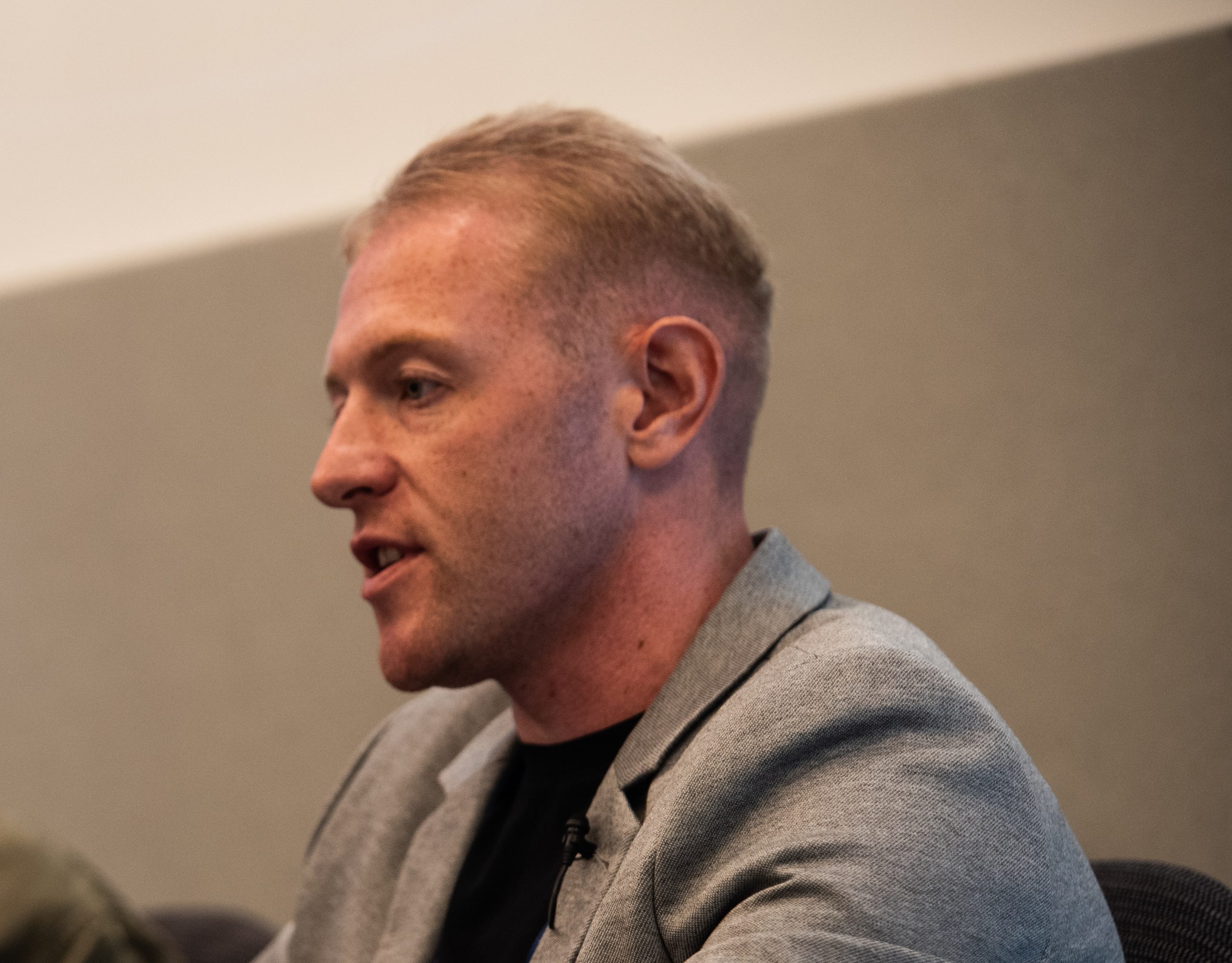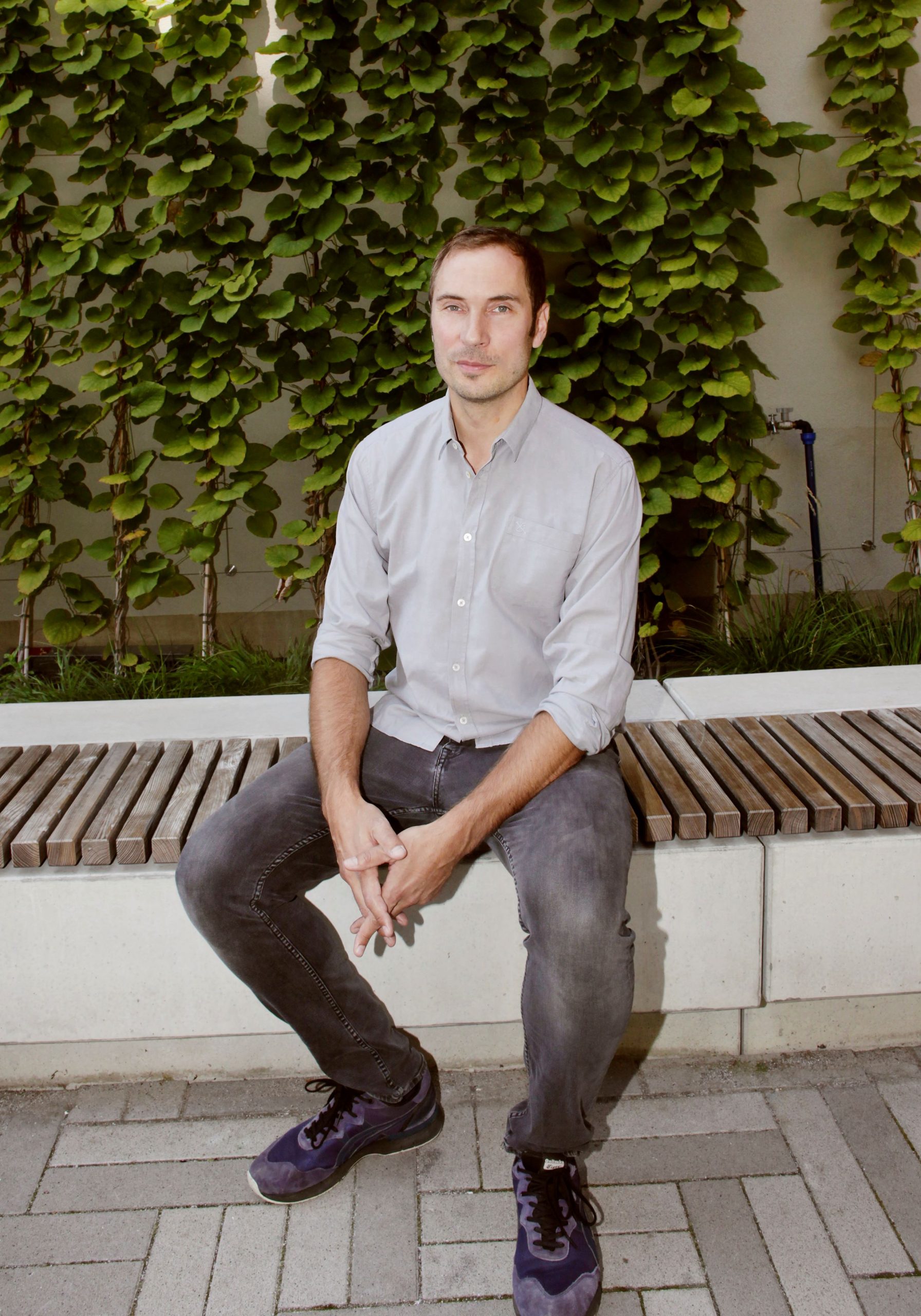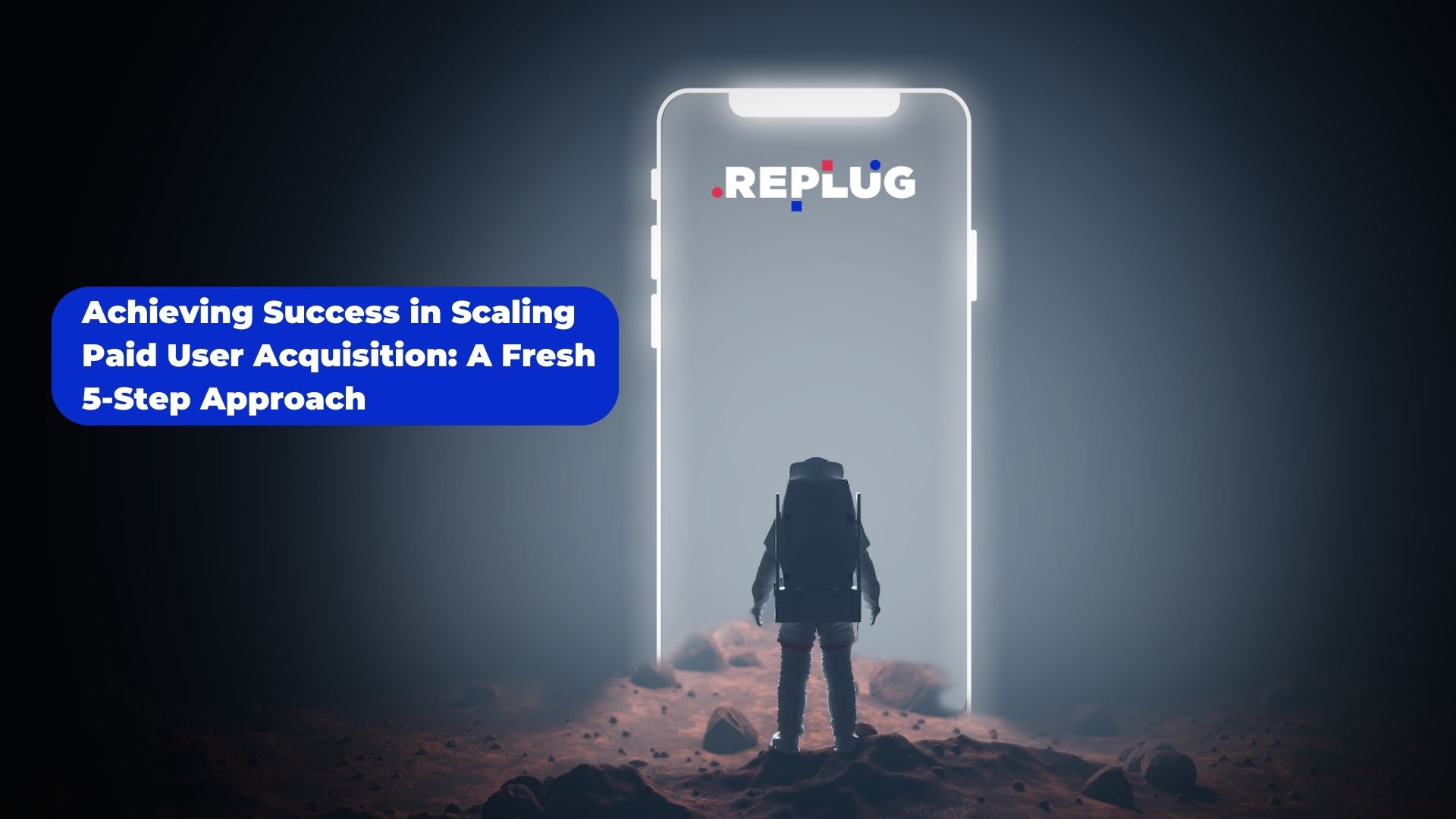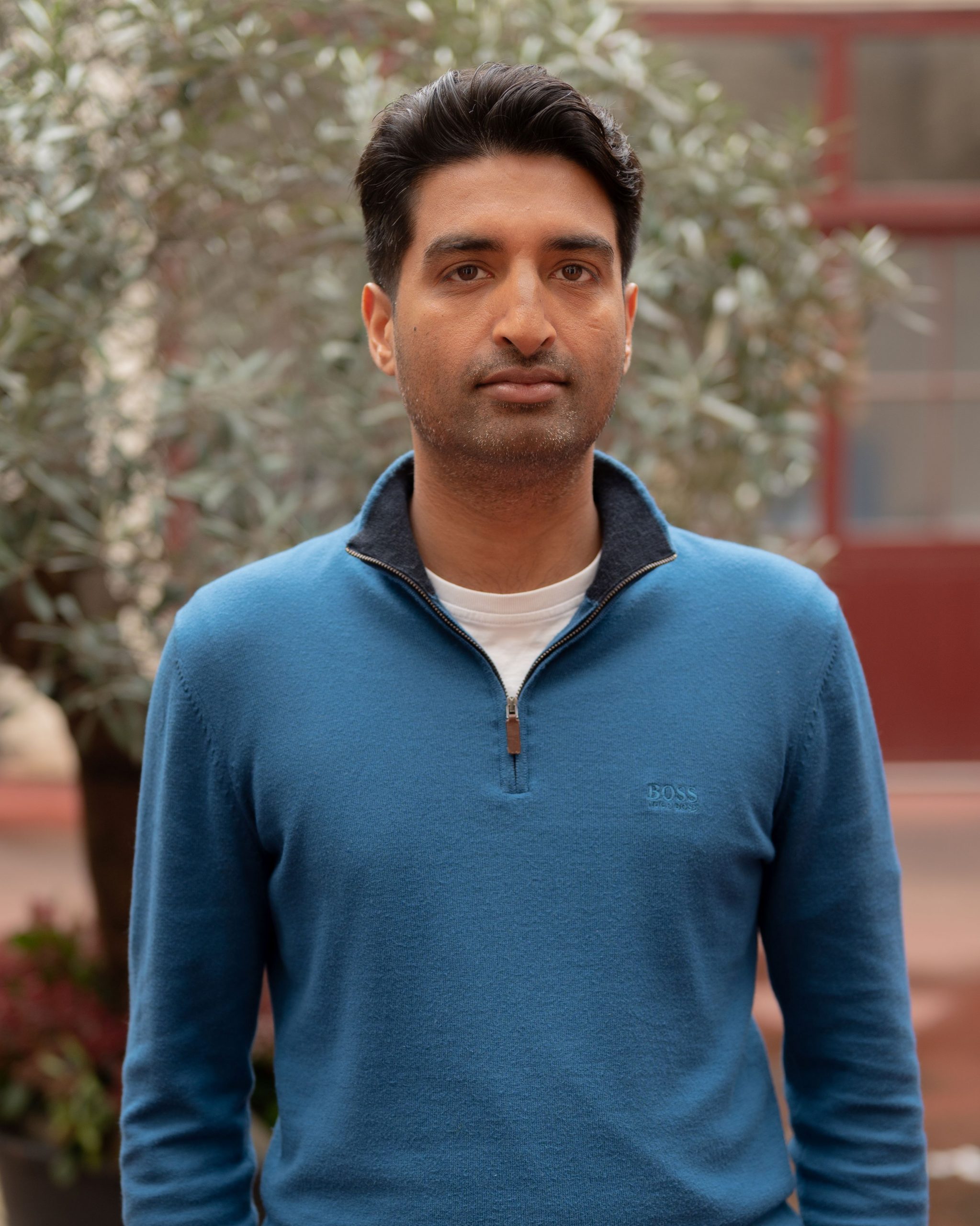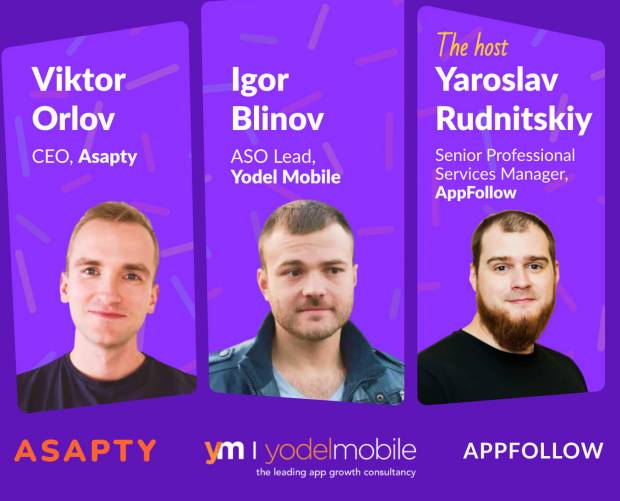Elias Nuevo, managing director of Jellyfish Spain, looks back on the key themes and trends from last week’s Mobile World Congress show.
 Relocating back to my native Spain last year to head up the new Jellyfish office in Barcelona meant that I was in the fortunate position of being the natural choice to attend this year’s Mobile World Congress (MWC). Despite having followed the event from afar in previous years, as an MWC virgin nothing could have quite prepared me for the overwhelming buzz that ensued when over 100,000 people from across the globe descended on Fira Gran Via last week.
Relocating back to my native Spain last year to head up the new Jellyfish office in Barcelona meant that I was in the fortunate position of being the natural choice to attend this year’s Mobile World Congress (MWC). Despite having followed the event from afar in previous years, as an MWC virgin nothing could have quite prepared me for the overwhelming buzz that ensued when over 100,000 people from across the globe descended on Fira Gran Via last week.
As expected, the event played host to a raft of new device launches by the big telecoms companies as well as some great opportunities to try out some of the latest technologies using virtual reality (VR), augmented reality (AR), the internet of things (IOT), robotics, artificial intelligence (AI) and machine learning. Throughout the event, there was one theme that came up time and time again, running like a thread throughout the entire conference. That thread was Intelligent Connectivity.
Enhanced experiences
It became very apparent throughout the week that in a world where consumer expectations are ever higher, there is a clear need for brands and organisations to deliver enhanced experiences.
First off, as we move into an era where digital devices will grow at exponential rates, with each person expected to have more than four different connected devices by 2020, the industry needs to ensure it has the ability to sustain all of the communications that will occur between them.
5G, the fifth generation of wireless connection, bringing high-speed connectivity, has been appointed to support the majority of them. Another vital element of Intelligent Connectivity, which will allow enhanced communications and experiences, comes in the form of AI.
With the use of AI algorithms, devices will be able to learn from the data gathered, using it to offer more personalised experiences that could benefit both the consumer and society at large. For example, the newest product launched by Telefonica (Aura) is a personal assistant based on cognitive intelligence. It’s able to learn from user behaviour and evolve over time to make recommendations based on these.
Industrial revolution
As more and more data is collected and processed in the fourth industrial revolution, devices will become smarter and more powerful, bringing potential benefits to a wide range of industries from healthcare (predictions based on body sensors) to automotive (in-car assistants and cameras) and energy.
Intelligent interconnected devices will also open up a world of new possibilities for brands. They will produce new ways for brands to interact with consumers, starting fresh conversations and personalising experiences.
Rich Communication Services (RCS) represent the new mode of communication between mobile carriers and telephone devices, replacing current SMS. These will bring new interaction between brands and consumers on their phones, such as imagery, video or interactive applications.
Of course there will be challenges for brands along the way. The new General Data Protection Regulation that will come into force in May will impact how brands collect and use consumer data. Savvy consumers are demanding greater transparency around how their personal data is collected, stored and used.
Secure transactions
Ensuring secure transactions is another challenge that brands will have to overcome, especially as many new devices are able to trigger them just with one click or voice activation.
Intelligent connectivity will no doubt bring about opportunities for brands to engage consumers. To succeed in this space they will not only need to be ready to adopt the latest technologies but also to adapt them to their audiences to offer personalised cross-device experiences.
MWC has reaffirmed to me that Barcelona is a vibrant city with a fast-growing tech scene and for me, the ideal location for supporting European brands in their quest for Intelligent Connectivity.






